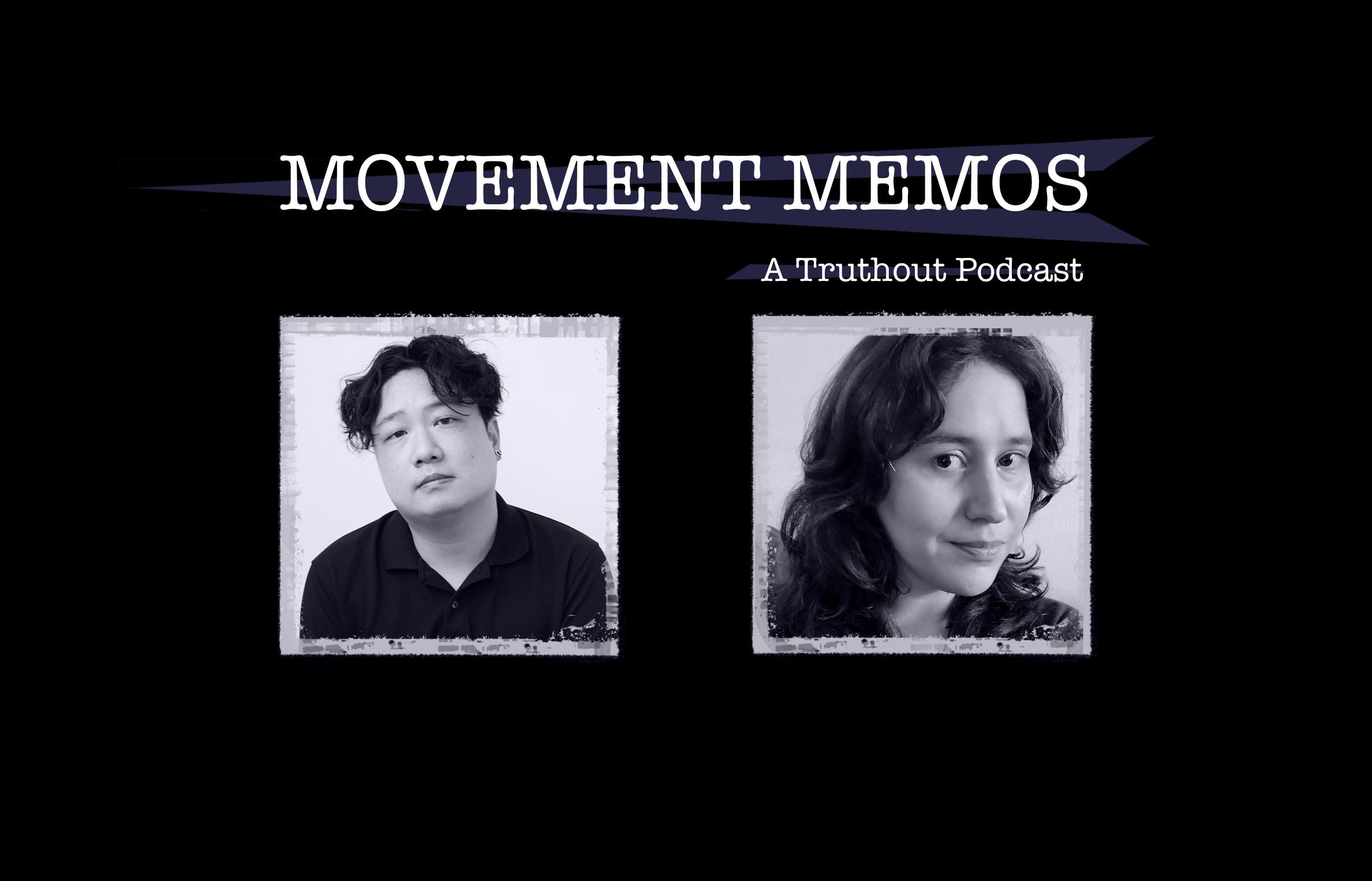
"This week, we are talking about displacement and how organized communities are resisting the violence of gentrification. We will be hearing from organizer and author Andrew Lee, whose book Defying Displacement, provides some necessary context for Trump's attacks on unhoused people. While the violence playing out in Washington, D.C., is part of an authoritarian process of consolidation, the aggressive policing of Black and brown people, and the cruel displacement of unhoused people are practices that have been normalized around the country in a bipartisan manner."
"We can't have an honest conversation about what Trump is doing to unhoused people in the nation's capital without talking about displacement, which Andrew calls "the leading edge of confrontation with the contemporary ruling class." Trump is presently sharpening that edge, in the same way that he's sharpening other tools that officials in both parties have developed and deployed over the years. So, what does this mean for our organizing and our resistance? We'll get into it."
""Anti-displacement fights are interesting," Lee says, "because of the revolutionary implications of what's really an incredibly modest demand.""
Displacement, surveillance, and "quality of life" policing are presented as coordinated tools of social control that disproportionately target Black, brown, and unhoused people. Organized communities resist gentrification through anti-displacement fights that foreground housing as a class struggle with revolutionary implications despite modest demands. The normalization of aggressive policing and displacement has occurred across political parties, and current federal actions sharpen and amplify those practices. Effective organizing must connect housing struggles to broader confrontations with the contemporary ruling class and address the intertwined roles of policing, surveillance, and displacement in producing social exclusion.
Read at Truthout
Unable to calculate read time
Collection
[
|
...
]